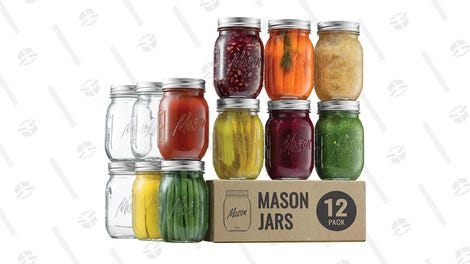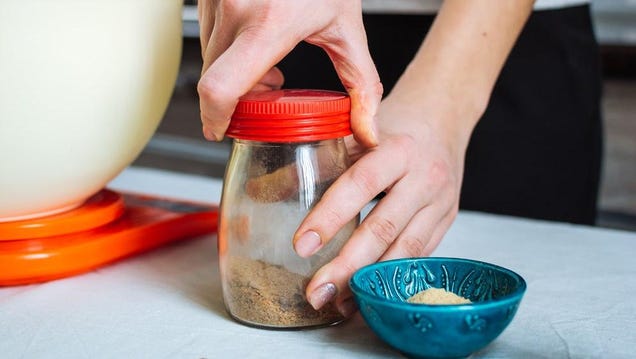Preparing raw meat always takes me a long time, particularly because I’m washing my hands constantly. Perhaps to a paranoid degree. I pat the meat down with a paper towel, then I go wash my hands. I season one side, flip it over, and wash my hands again. I season the other side, place it in the pan, and wash my hands a third time. I always turn on the faucet with my elbows and refrain from touching knives or spice containers until my hands are clean. Before my dinner is even finished cooking, I’ve already burned off all of its calories by running back and forth from the sink. And apparently, I’m the one of the only people who does this.
A new study published in the Journal of Food Protection observed participants as they prepared a simple meal of turkey burgers and salad. The burgers were injected with a pathogen called MS2, and the researchers then examined the kitchen to see how and where the pathogen spread. The participants were unaware that their food safety practices were being monitored, leading them to act like their usual gross selves in the kitchen—and also leading to cross-contamination.
Food safety risks aren’t always what we think
The most contaminated kitchen item was not what researchers were expecting: Nearly half of the spice containers held traces of MS2.
“We were surprised because we had not seen evidence of spice container contamination before,” one of the researchers told Food Safety News. “Most research on the cross-contamination of kitchen surfaces due to handling of raw meat or poultry products has focused on kitchen cutting boards or faucet handles and has neglected surfaces like spice containers, trash bin lids and other kitchen utensils.”
Interestingly, faucet handles showed the lowest levels of MS2. So I guess people were either using their elbows to turn on the water, or most of the pathogen had already landed on the spice containers, leaving little left on the participants’ hands to land on the handles.
G/O Media may get a commission

50% off
Paksh Novelty Mason Jars
Start canning today
Store all your canning creations, like sauces, jams, jellies, veggies, and more in this affordable set of 12 Mason jars.
How to avoid cross-contamination while cooking
The moral of the story: Wipe down your spice containers. (And wash your hands. Come on. You’ve been hearing it nonstop for three years now and you’re still not doing it?) Even if you’re good about not reaching for the paprika immediately after handling raw meat, you and your co-inhabitants are always touching these jars, and other bacteria could be getting transmitted. Wiping down all your kitchen surfaces regularly is a good idea, regardless of whether you’ve recently prepared food on them. As one food safety expert told Consumer Reports, “Bacteria such as salmonella and campylobacter can survive on hard surfaces for several hours.”
Now, if you’ll excuse me, I’m gonna go clean my whole kitchen. Including the knife block.

